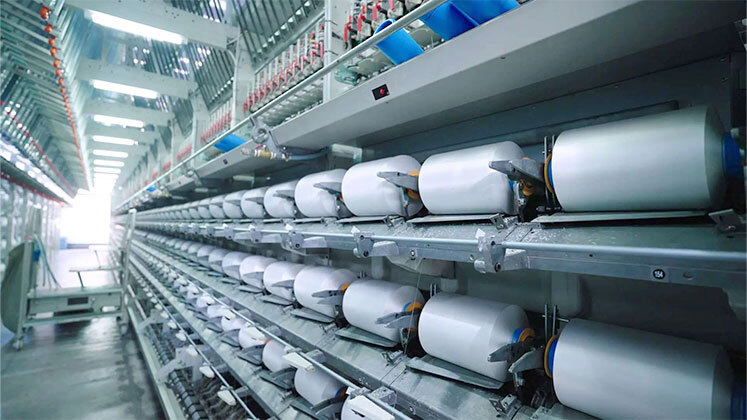
The government’s decision to rescind the Quality Control Order (QCO) on several polymer and fibre intermediates is expected to ease raw material costs for the readymade garments sector and improve the availability of cheaper imported yarn, according to Crisil Ratings. The move is likely to support downstream textile segments facing tariff pressures in the United States, particularly the readymade garments industry, which will now gain access to more competitively priced raw material imports.
Crisil noted that the policy shift would provide relief to tariff-affected segments but could negatively affect the upstream polyester yarn industry, which may face heightened competition from imported material. The ratings agency’s analysis of 20 polyester yarn manufacturers—representing 40–45% of the sector’s revenue—indicated potential adverse impacts on domestic producers.
India has withdrawn QCOs on a range of polymer and fibre intermediates with immediate effect. The earlier QCO required imported yarn to carry BIS certification as a safeguard against the influx of cheaper polyester yarn from China.
The readymade garment industry derives 25–30% of its revenue from exports, with a third destined for the US market. The home textiles segment earns nearly two-thirds of its revenue from exports, with the US accounting for 55–60% of shipments. According to Crisil’s report, the removal of the QCO is likely to benefit the readymade garments sector more substantially, given its heavier reliance on polyester yarn. The home textiles segment may see only limited gains due to its greater dependence on cotton-based exports.
Crisil said that polyester yarn remains a more affordable substitute for cotton yarn and is widely used in value and mid-premium garments. The agency added that the withdrawal of the QCO would offer much-needed relief to downstream textile manufacturers that have been grappling with high US tariffs.
However, Crisil also cautioned that lower realisations driven by increased import competition and subdued crude oil prices are expected to keep revenue growth for polyester yarn manufacturers flat at around 3–5% in the next financial year, partly offsetting any volume gains stemming from the recent reduction in GST rates.






